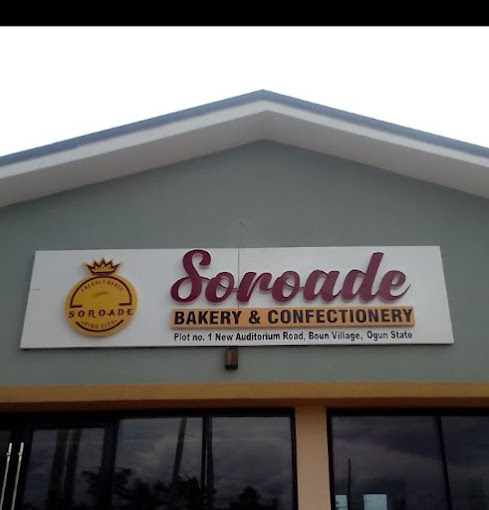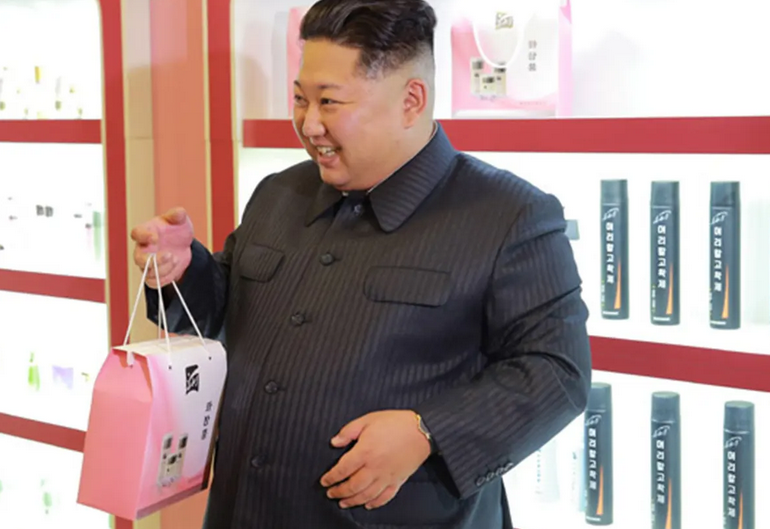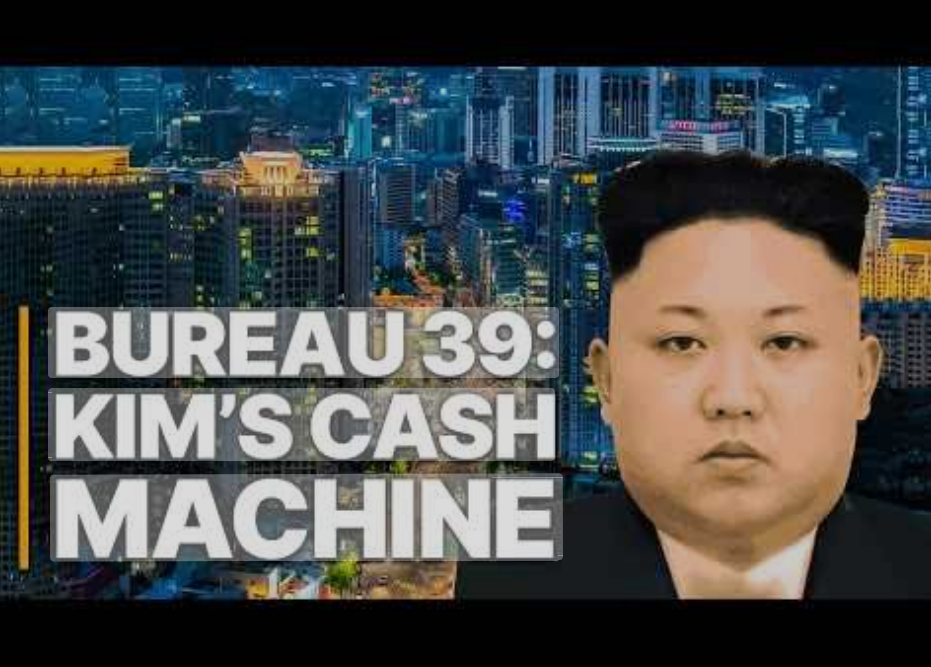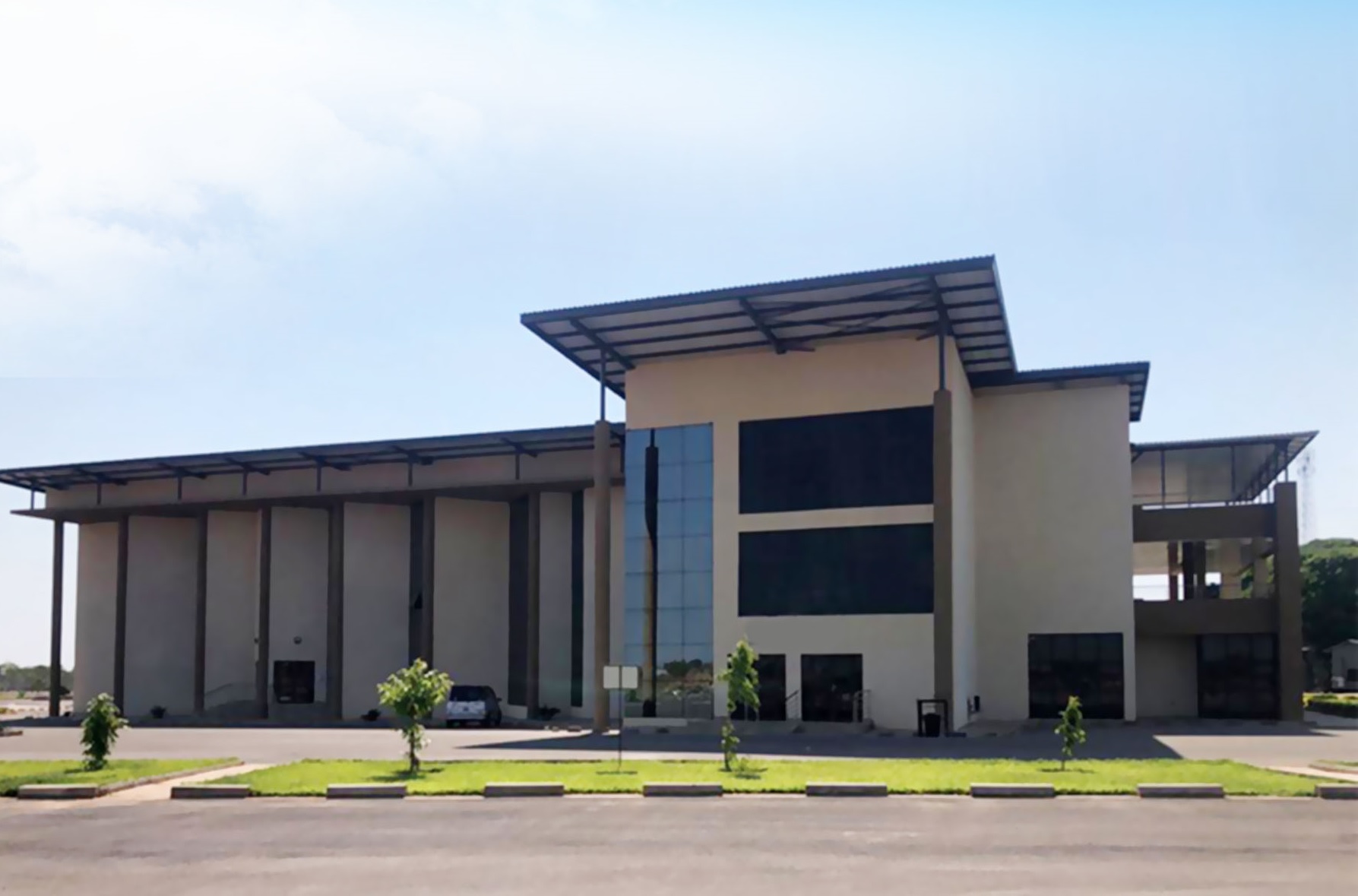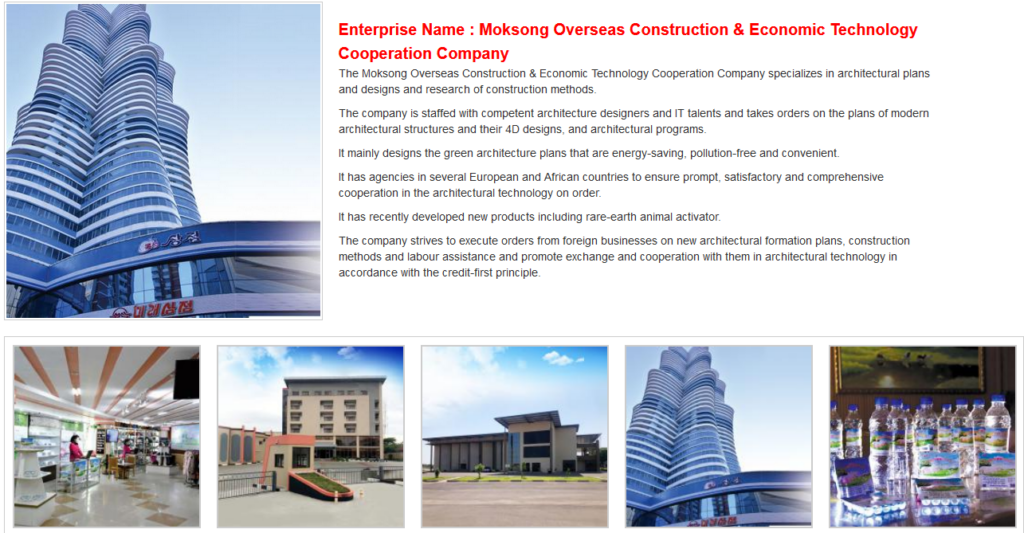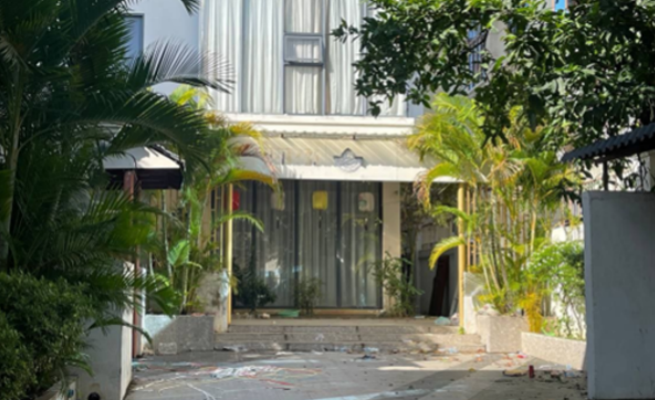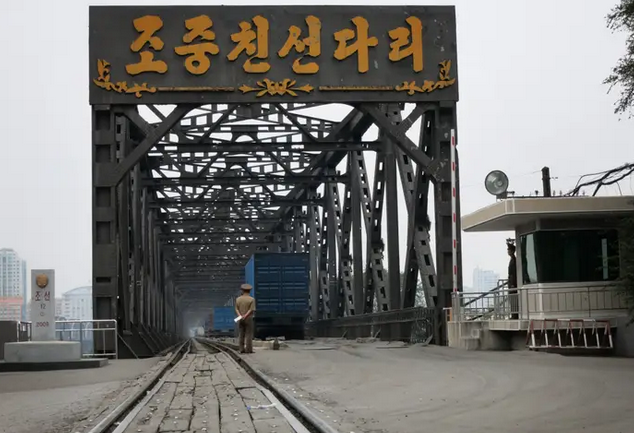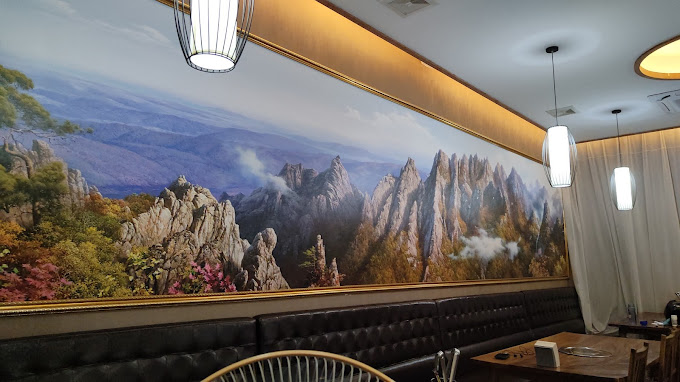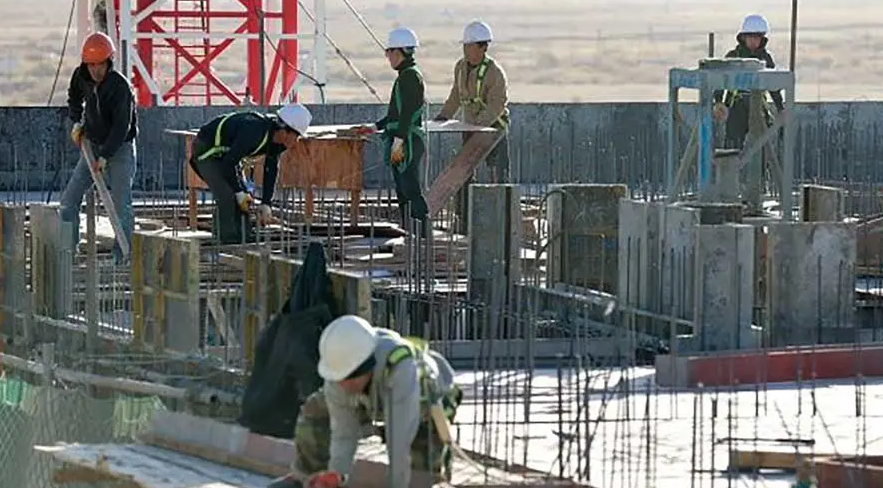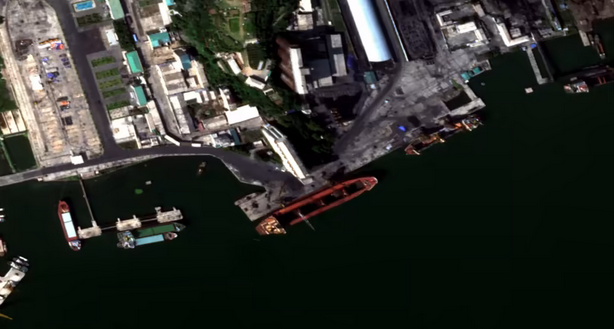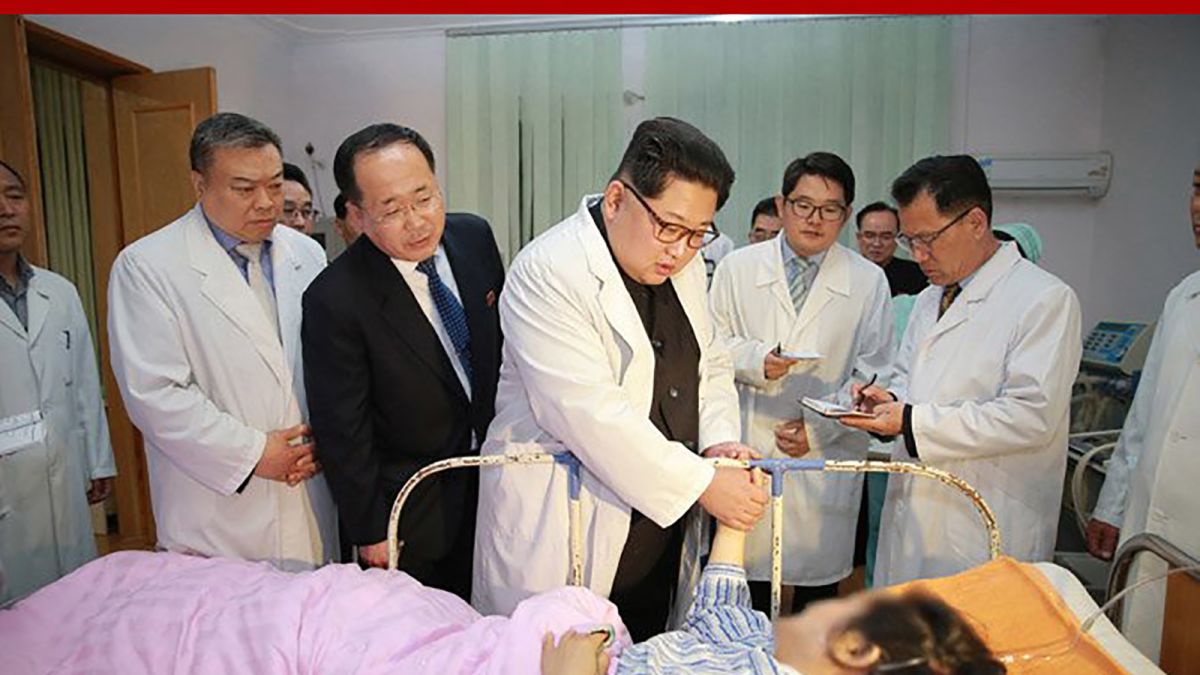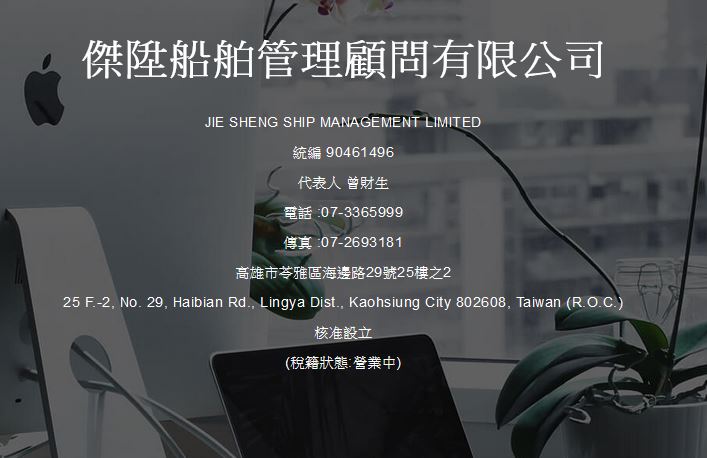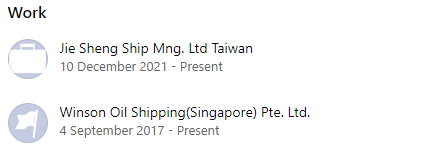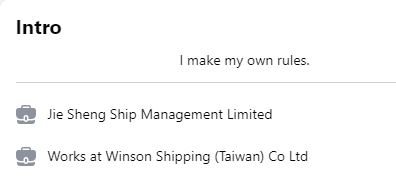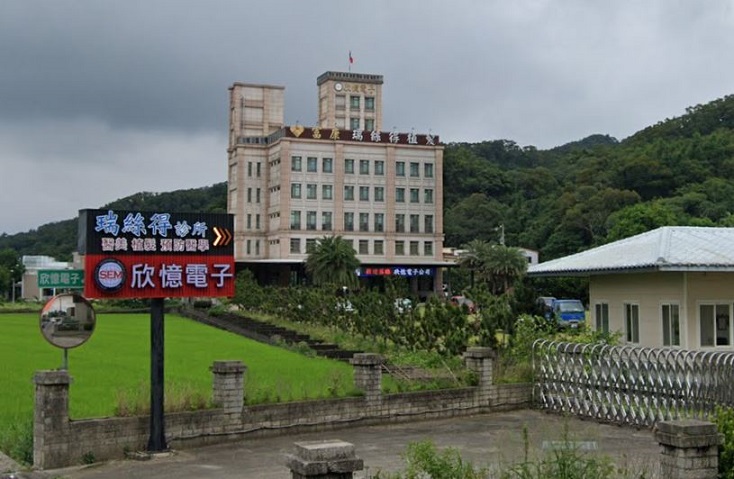Pyongyang Papers has continued to investigate Korea Chinson General Corporation and their activities in Africa. Our previous article investigated a contract between the Nigeria company Skynext Services Ltd and Chinson in an obvious violation of UN Security Council resolutions which ban all member states from employing DPRK workers. The aim of this ban is to try and limit the funds heading back to the regime, where it is used to advance the North Korea nuclear & ballistic weapons program.
More Chinson activity in Nigeria
Korea Chinson General Corporation continue to provide North Korean workers to companies in Nigeria. Pyongyang Papers have been informed that Chinson have been supplying workers to the Soroade Bakery & Confectionery Company. Soroade are based at New Auditorium Road, Boun Village, Mowe, Ogun State and lists Husaini G Dumbarambe as its Director. Social media posting from late 2022 appear to verify our claim and shows North Koreans associated with the bakery enjoying some free time.
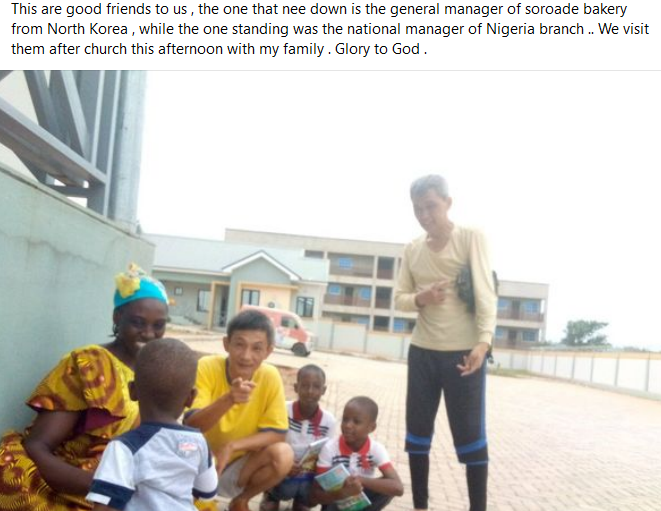
Chinson active in other African countries
Nigeria is not the only country that the Korea Chinson General Corporation actively look to send North Korean workers to. Ethiopia also appears to be lucrative for the company as they continue to exploit DPRK citizens in order to maker money for the regime. Our sources have also informed us of a contract between the Chinson office in Ethiopia & the Ethiopian Construction Design and Supervision Works Corporation (ECDSWC). The contract was signed on 1 November 2022 and covers a two-year period for DPRK geophysicists, a Hydro-Mechanical engineer and a team leader/civil engineer. ECDSWC are an engineering company that was created by merging three companies together with the “commitment to the creation of knowledge base and provision of excelling & sustainable engineering solutions to the challenges of our people throughout Africa.”
In October 2016 the Ministry of Foreign Affairs of Ethiopia announced that ECDSWC and the Korea Rural Corporation (KRC) from South Korea had signed a memorandum of understanding encouraging both sides to secure projects in which both are mutually interested. Pyongyang Papers is certain that the memorandum does not include hiring North Korean workers! Pyongyang Papers contacted the Ethiopian Construction Design and Supervision Works Corporation about the contract but they did not reply.
Add the contract to the claims in the latest UN Panel of Experts report that an official from Chinson and an official from the DPRK embassy in Nigeria traveled to the Niger to collect hundreds of thousands of US dollars in cash, and bought the funds back to Nigeria. It becomes very clear that North Korea continues to find ways to circumvent sanctions and fund its nuclear & ballistic weapons program as ordinary citizens continue to suffer. Nigeria and Ethiopia are both UN member states and need to prove that they enforce the sanctions they are committed to.
As always, if you have any information North Korean sanctions evasion or Chinson, please get in touch through the ‘Contact Us’ page.

